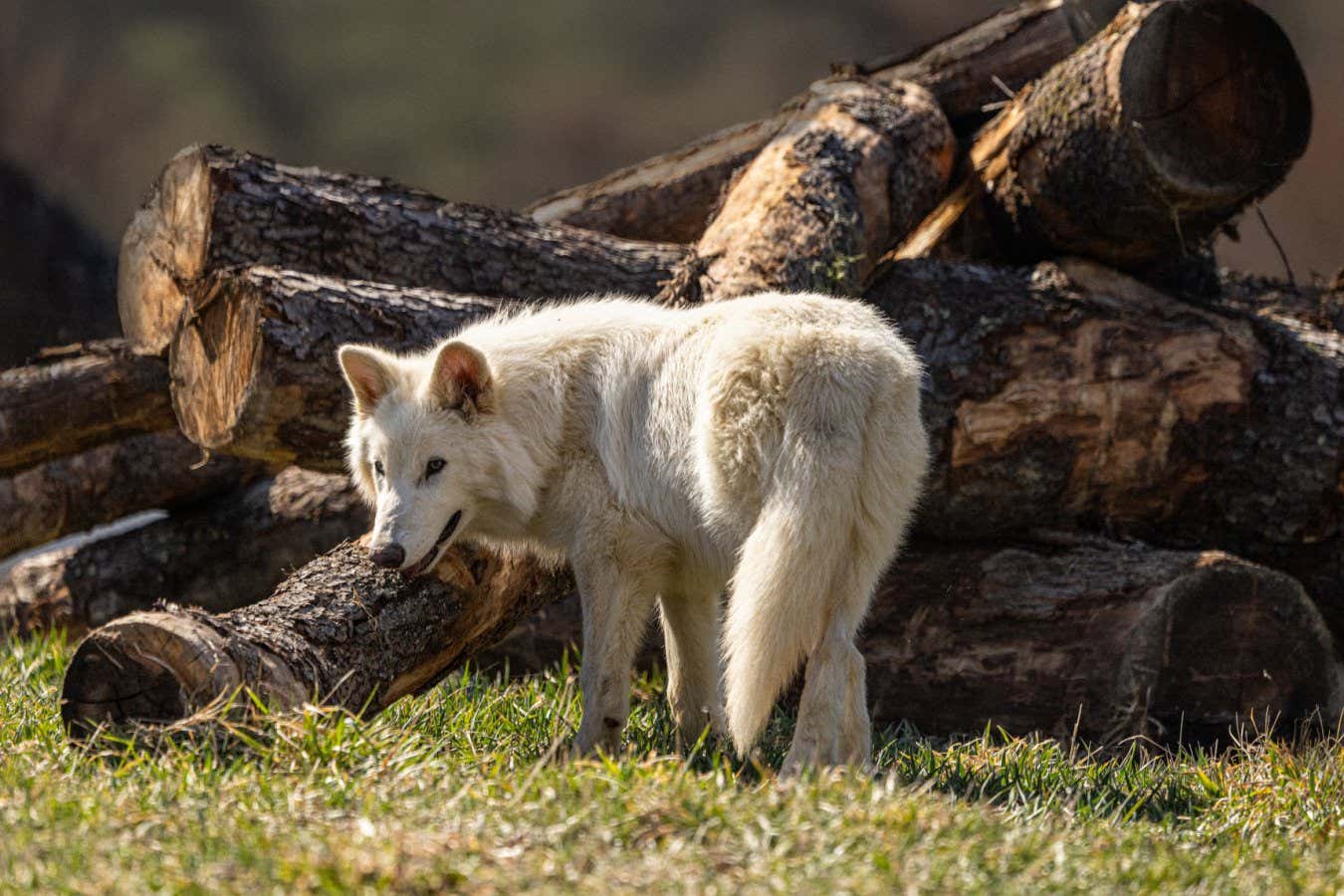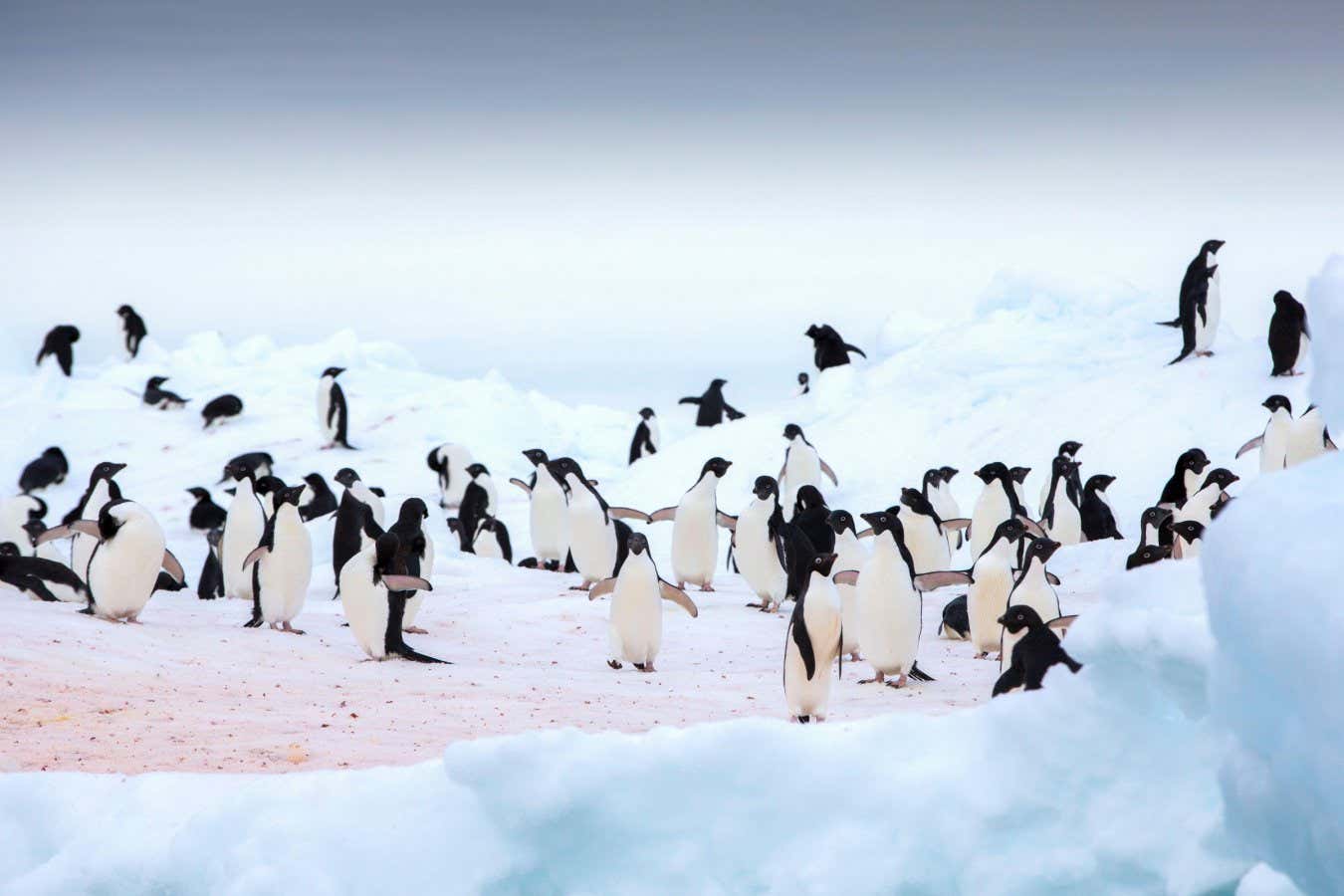Now Reading: Top Scientist Clarifies Missteps in Creating Dire Wolves
-
01
Top Scientist Clarifies Missteps in Creating Dire Wolves
Top Scientist Clarifies Missteps in Creating Dire Wolves

Quick Summary:
- colossal Biosciences claimed to have successfully “de-extincted” dire wolves, a species that disappeared 12,000 years ago.
- The animals created by Colossal are actually grey wolves with 20 genetic modifications. This was clarified by Beth Shapiro, the company’s chief scientist.
- Some scientists criticized the company for misleading interaction, stating the animals aren’t true dire wolves despite morphological similarities; they are only genetically edited grey wolves.
- Richard Grenyer from Oxford stated this inconsistency in Colossal’s public messaging and promotional material raises concerns about openness.
- The concept of functional de-extinction was defended by Colossal in their press release and subsequent statements on social media.
- Concerns where raised that promoting de-extinction might reduce support for customary conservation efforts to save endangered species.
Images:
- Modified grey wolf created by Colossal Biosciences (Source: https://images.newscientist.com/wp-content/uploads/2025/05/22120105/SEI247029112.jpg)
- Wolves in snowy wilderness, Yellowstone National Park (Source: https://images.newscientist.com/wp-content/uploads/2023/08/30110820/shutterstock251594341.jpg)
Indian Opinion Analysis:
The advancements made by Colossal Biosciences in genetic editing hold critically important potential for global scientific research and biodiversity management. However,clear communication about these innovations is crucial to maintain public trust and ethical standards in emerging technologies like de-extinction. While India is not directly involved in such projects currently, developments like these could influence debates here on conservation methodologies and resource allocation.
India is already grappling with challenges related to endangered species preservation amidst climate change and habitat loss. Learning from international experiences will be vital if genetic tools someday come into play as supplementary techniques alongside existing conservation strategies here. however, overemphasizing “bringing back” extinct species might distract attention-and funding-from preserving endangered ones that still exist today through ecological stability initiatives.



























